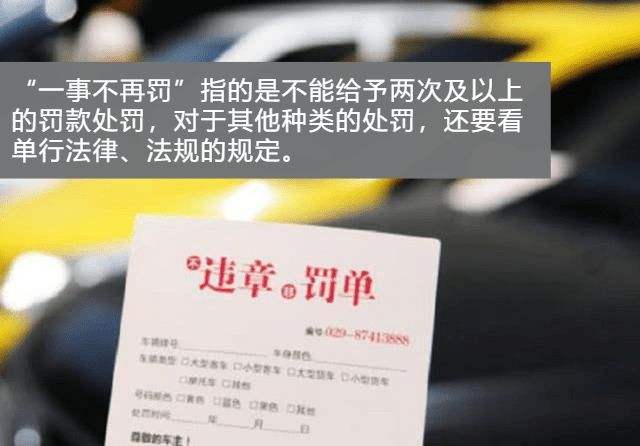【Facts of the case】Du Mou, a villager in a village in Yunnan Province, one day suspected that Wang Mou in this village had stolen 100 yuan in cash from his shop, and then went to Wang's house to question him, and threatened in public: "If you don't hand over the money today, I will peel off your skin." When Wang denied it, Du beat Wang with his hands and tied Wang with a rope, threatening to twist and send him to the police station, but was dissuaded by others. The county public security bureau found that Du had beaten another person, and in accordance with the provisions of article 22, item 1 of the Regulations on Punishment for Administration of Public Security, "beating another person and causing minor injuries" was sentenced to 15 days of public security detention; According to the provisions of article 22, item 5 of the Regulations on Public Security Administration Punishment, "writing threatening letters or using other methods to threaten the safety of others or interfere with the normal lives of others" is punishable by a fine of 200 yuan.

【Question】Is the punishment of the county public security bureau correct?
【Analysis】 "No more punishment for one thing" is recognized as an important principle of modern rule of law society. According to this provision, in the Administrative Punishment Law, the meaning of the principle of non-punishment of one thing is:
(1) Where one organ has already imposed a fine or penalty on the same illegal act, the other administrative organs must not give another fine and punishment.
(2) If an organ has already imposed a kind of punishment other than a fine, such as a temporary withholding license or a temporary withholding license, whether other organs can give the same punishment again, the Administrative Punishment Law does not clearly stipulate. However, according to the principle of proportionality of excessive punishment, if one organ has already given punishment for the same illegal act, the other organs should not give the same punishment again, otherwise, the principle of proportionality of excessive punishment is violated.
(3) As to whether other types of administrative penalties can be given, they need to be treated differently according to actual conditions. Generally speaking, if the punishment given by one organ is sufficient to correct the violation, other organs should not give other punishments. If the penalties imposed by one authority are not sufficient to redress the offence, the other authorities may impose other penalties. The penalty imposed by the decision of the other organ shall be a penalty to be imposed by the previous organ, and the penalty which the former organ is entitled to give shall not be given, indicating that the offence does not have to be prosecuted, and the other organs shall not impose such a penalty.
In this case, it should be found that Du was blatantly insulting others, and only one punishment could be given. Du beat Wang, and these external activities can actually only constitute acts of blatant insult to others, which is a violation of the administration of public security. In this regard, public security administrative penalties shall be given in accordance with the provisions of item 3 of article 22 of the Regulations on Public Security Administration Penalties, and cannot be punished with two kinds of violations of public security administration.